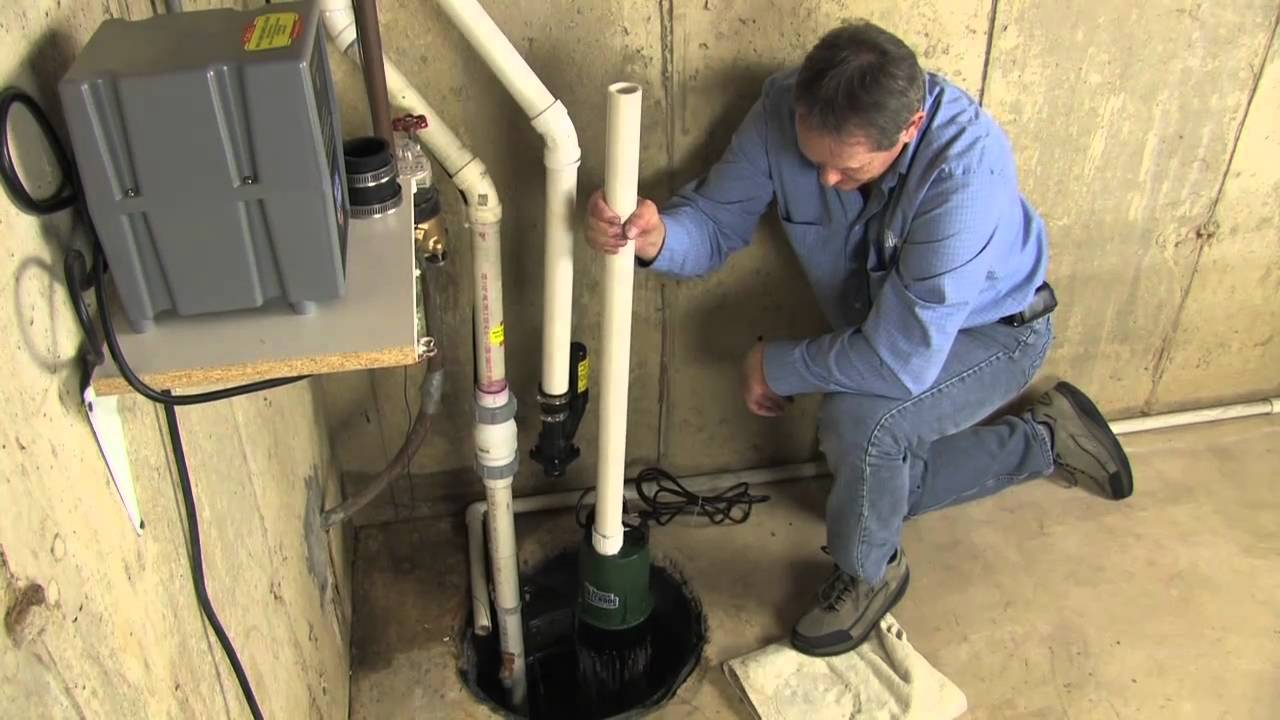Cutting-Edge Water Filtration Systems: Supporting Healthier Living Environments
Cutting-Edge Water Filtration Systems: Supporting Healthier Living Environments
Blog Article
Understanding the Secret Elements of Effective Water Filtration Solutions

Significance of Water Filtration Solution
Water purification systems play an important function in making certain accessibility to secure and tidy alcohol consumption water by effectively eliminating impurities and contaminations. These systems are necessary in addressing the expanding worries over water top quality and the potential health and wellness dangers related to taking in infected water. By using numerous purification systems such as reverse osmosis, activated carbon, and UV sanitation, water purification systems can effectively eliminate harmful materials like microorganisms, viruses, hefty steels, and chemicals from the water.
In addition, water purification systems aid to enhance the taste and smell of water by removing chlorine, sediments, and other pollutants that can affect its high quality. Water Treatment. This enhancement in water top quality not just makes it extra tasty but additionally motivates people to consume alcohol an ample amount of water daily, advertising far better hydration and general health and wellness
Sorts Of Filtering Parts

Physical filters are created to physically strain out pollutants from the water. These filters can be made of products like ceramic, carbon, and even sand, and they work by capturing fragments larger than the filter's pores as water passes through.
Chemical filters use various chemical procedures to get rid of pollutants from the water. Instances consist of triggered carbon filters, which adsorb pollutants, and turn around osmosis membranes, which use stress to different contaminants from the water.
Biological filters make use of living microorganisms like algae or germs to damage down organic issue and contaminants in the water. These filters are commonly used in wastewater treatment plants or all-natural water purification systems.
Comprehending the different types of filtration parts is crucial for choosing one of the most suitable water filtering system for details purification demands.
Function of Sediment Filters
Sediment filters play a vital duty useful site in water filtering systems by efficiently capturing strong particles suspended in the water. These filters are commonly the very first line of protection in a purification system, removing larger particles such as sand, silt, dust, and corrosion prior to the water moves with finer purification phases. By trapping these debris, the filters prevent them from getting to downstream parts, therefore prolonging the life-span and effectiveness of the entire system.
The function of sediment filters is crucial in keeping water top quality and securing sensitive tools from damages brought on by debris. Additionally, by getting rid of visible bits, sediment filters enhance the clearness and preference of the water. On a regular basis replacing or cleaning up debris filters is necessary to make certain ideal performance. Neglecting this upkeep can lead to clogging, minimized water circulation, and compromised filtration efficiency. Overall, debris filters are crucial parts that contribute significantly to the performance of water filtering systems.
Role of Activated Carbon Filters
Playing an essential duty in water filtering systems, activated carbon filters are instrumental in getting rid of impurities and pollutants from the water supply. As water passes with the filter, the triggered carbon holds and attracts onto the impurities, making sure that the water that comes out on the other side is cleaner and much safer for consumption.
Turned on carbon filters are highly efficient official website at improving the preference and odor of water by minimizing chemicals that can influence its high quality. Due to their versatility and dependability, activated carbon filters are a vital part in making certain that water is cleansed to the highest possible requirements before reaching customers.
Comprehending Reverse Osmosis Equipments
Reverse osmosis systems are sophisticated water purification systems that utilize an innovative procedure to get rid of impurities and impurities from alcohol consumption water. These systems work by applying pressure to the water, compeling it via a semi-permeable membrane. This membrane serves as an obstacle, allowing only distilled water molecules to go through, while blocking bigger particles such as minerals, chemicals, and various other impurities. Consequently, the water that comes out beyond is significantly cleaner and safer for intake.
One secret benefit of reverse osmosis systems is their ability to remove click to read a vast array of contaminants, including hefty metals, liquified germs, infections, and solids. This makes them extremely effective in enhancing the general top quality and security of drinking water. Furthermore, reverse osmosis systems are reasonably low-maintenance and can be set up under the sink or in a central filtration system, providing hassle-free access to clean water throughout the family. On the whole, understanding exactly how reverse osmosis systems function can assist people make educated decisions regarding their water filtration requirements.
Verdict
Finally, effective water filtration systems are essential for guaranteeing secure and clean drinking water. The vital components of these systems include debris filters, triggered carbon filters, and reverse osmosis systems. By recognizing the function and duty of each component, people can make informed choices when picking a water filtering system. It is essential to focus on the high quality of water in order to promote total health and health.
Water filtering systems play a crucial duty in making certain accessibility to tidy and safe alcohol consumption water by successfully removing contaminants and pollutants. By using various purification mechanisms such as reverse osmosis, turned on carbon, and UV sanitation, water purification systems can successfully remove dangerous compounds like microorganisms, viruses, hefty steels, and chemicals from the water supply.
Debris filters play a vital duty in water filtering systems by successfully recording solid fragments put on hold in the water (Water Filtration Systems).Playing an important function in water filtration systems, turned on carbon filters are instrumental in getting rid of contaminations and pollutants from the water supply.Reverse osmosis systems are innovative water filtration systems that employ an advanced procedure to get rid of pollutants and contaminations from drinking water
Report this page